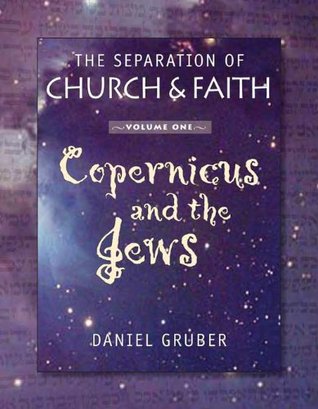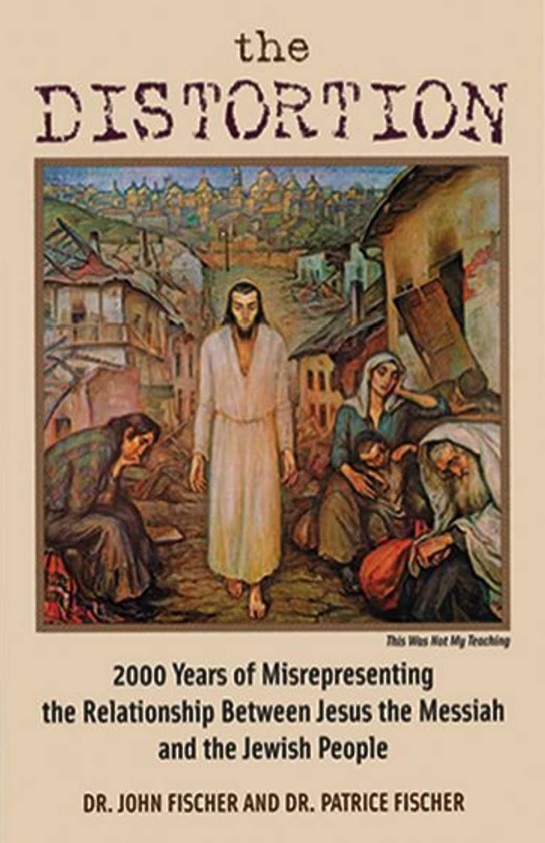I read a lot of stuff on Facebook about Paul being a false apostle, “the 13th Apostle”, who taught differently to what Yahshua did. This comes especially from people who are Torah observant. Paul wasn’t perfect, but I personally don’t think he was a false apostle. If Paul was false, then he deceived Peter, who refers to him as a “dear brother” too:
2 Peter 3:15–16 (NIV): 15 Bear in mind that our Lord’s patience means salvation, just as our dear brother Paul also wrote you with the wisdom that God gave him. 16 He writes the same way in all his letters, speaking in them of these matters. His letters contain some things that are hard to understand, which ignorant and unstable people distort, as they do the other Scriptures, to their own destruction.
This whole argument is set alight by the fact that some people misinterpret what Paul writes about the law to mean that we are not to obey the commandments. Simply put, I believe Paul uses the phrase “under law” to refer to those who try to practice the law without it being written in their hearts. The Letter Writer, written by Tim Hegg is a good analysis of this.
Luke 17:20–21 (YLT): 20 And having been questioned by the Pharisees, when the reign of God doth come, he answered them, and said, ‘The reign of God doth not come with observation; 21 nor shall they say, Lo, here; or lo, there; for lo, the reign of God is within you.’
We aren’t under subjugation to the law in the same sense as a child in a school being taught by someone, about things they often don’t know about, (Gal 3:24-26), because we are to know the law inwardly by nature.
34 and they shall teach no more every man his neighbor, and every man his brother, saying, Know Yahweh; for they shall all know me, from the least of them to the greatest of them, says Yahweh: for I will forgive their iniquity, and their sin will I remember no more. (Jer 32:34)
The New Covenant says the the law will be written in our hearts:
33 But this is the covenant that I will make with the house of Israel after those days, says Yahweh: I will put my law in their inward parts, and in their heart will I write it; and I will be their Elohim, and they shall be my people: (Jer 31:33)
Romans 2:14–16 (CJB): 14 For whenever Gentiles, who have no Torah, do naturally what the Torah requires, then these, even though they don’t have Torah, for themselves are Torah! 15 For their lives show that the conduct the Torah dictates is written in their hearts. Their consciences also bear witness to this, for their conflicting thoughts sometimes accuse them and sometimes defend them 16 on a day when God passes judgment on people’s inmost secrets. (According to the Good News as I proclaim it, he does this through the Messiah Yeshua.)
The key to understanding what Paul is saying about the law is Romans 8. We obey the law by Yah’s spirit in us, it is His work in us that enables us to understand and do – that’s not an excuse to be lawless.
Don’t let the common misinterpretation of Paul’s narrative put forth by “the church” sway you from understanding what he is saying. You will find Peter’s words are 100% correct, because those people who misinterpret Paul also misinterpret the other scriptures, they don’t misinterpret Paul only. This happens because of the spirit in people, we can read the same text and come to many different beliefs from it, but the spirit of Yah is not divided, Yah is one.





